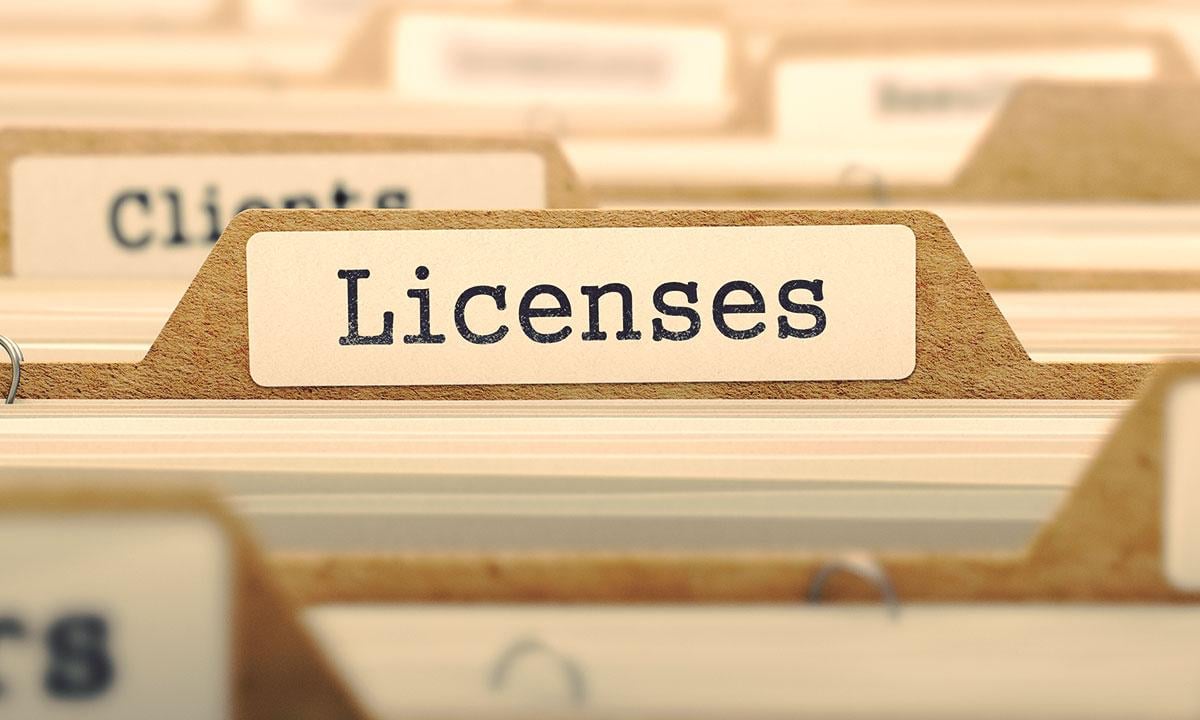
How much does it cost to start an online bank like Revolut or TransferWise?
It seems like everybody wants to be in the money business and make their online bank. We’re getting a lot of enquiries from entrepreneurs looking to get the electronic money institution license (EMI) in Europe. EMI license is the same license which is used by N26, Transferwise, Monese, Revolut, and many other known and less-known service providers.
Although it’s a way less capital intensive business than starting an actual bank, it’s still relatively expensive. The idea of this blog post is to give you a short overview of possible costs that will occur, though there’s no way knowing exactly how much you’re going to spend on technology and marketing.
Let’s first focus on the costs that we do know.
Requirements by the law.
The minimum mandatory capital for any electronic money license applicant in Europe is 350 000€. Compared to traditional banks, it’s nothing – in Estonia, which has some of the lowest mandatory capital requirements for starting a conventional bank, you need to have at least 5 million euros to qualify for the license. 350 000€ is not the only amount you have to write down to your excel sheet when you’re getting started. You also need 3 years budget to cover your costs once you start operating. This calculation is based on the business plan which you’ll submit to the financial authority as part of the licensing documentation. While it may look smart to write in your business plan that your expenses will be very low, your application will be rejected if the numbers aren’t realistic.
Legal costs
Legal costs depend on the concrete Member State and your capacity to cooperate with the lawyers. You have to provide a lot of input as it’s your business and you have to be capable of explaining everything that you’re going to do in detail. How the client assets are protected, how the money is processed, etc, in detail. Experienced lawyers can make things easier as some portion of the documentation is more or less replicable. Still, it’s highly unlikely that you will be able to apply for the EMI license and not spend over 30 000€ on lawyers. The prices depend on the concrete country. The lowest cost options start at around 35 000€ and the highest can be over 100 000€ in jurisdictions where legal hour costs more (Germany, Luxembourg, France, etc).
Staff cost
This is super difficult to tell, but you do need to fulfil the local operations requirements in the country where you’re applying for the license. You need to hire local employees, possibly even people who will be on key positions such as chief compliance officer or a CTO whom you could also make the member of the management board. Many Member States require having the company management in the country where the application for the EMI license is submitted. At least someone from the management should usually reside in a licensing country. As far as we know, there’s only one jurisdiction in the EU which allows hiring local employees without the need of having any member of the management board residing in the country to fulfil the requirement of the local operation. Cost of any employee depends heavily on the seniority of that person and the position you’re looking for. It can be 1200€/month cost for a lower-level employee in Eastern-Europe/Baltic States and much more for a senior and skilled executive. It could very well be easier and more cost-effective to move part of the existing team to the licensing country than to hire someone local.
Technology.
As it’s heavily regulated industry the assets of your clients and the money flow schemas have to be designed and developed following the law. Some software providers can deliver turnkey solutions together with the necessary description of the IT-systems, which you have to submit to the regulator. This can bring down your costs, but you’re also operating on someone else’s system and may not have the flexibility you want. Unfortunately, we don’t know what the exact costs will be, but it’s hard to imagine it’s going to be less than six-figures if you’re going to build something secure and usable.
Marketing.
Marketing is another area where it’s very difficult to provide an estimate. Marketing costs depend on your value proposition to the market and what are your goals as a company. There are different ways to get the word out and scale, and sometimes products just take off without having a very good explanation of why company x succeeds and company y doesn’t. However, the Fintech industry has become very competitive, and growth needs fuel. Companies which have raised hundreds of millions in the capital can invest more money to acquire new clients, attract better talent and make their brand known. People trust what they know and they buy or use services they trust. Still, it’s a huge market and there’s plenty of space for new players in different market segments.
Conclusion
Starting an online bank (EMI company) requires capital, experienced team and a very good understanding of what you will be offering and to whom. While there are probably ways to outsmart competitors to get the word out and give equity to developers (or revenue share deals if you’re outsourcing) to develop the platform, the legal requirements have to be met as described above.
Wishing you all the success entering the European Fintech scene. If you’re looking help to get started, don’t hesitate to contact us.